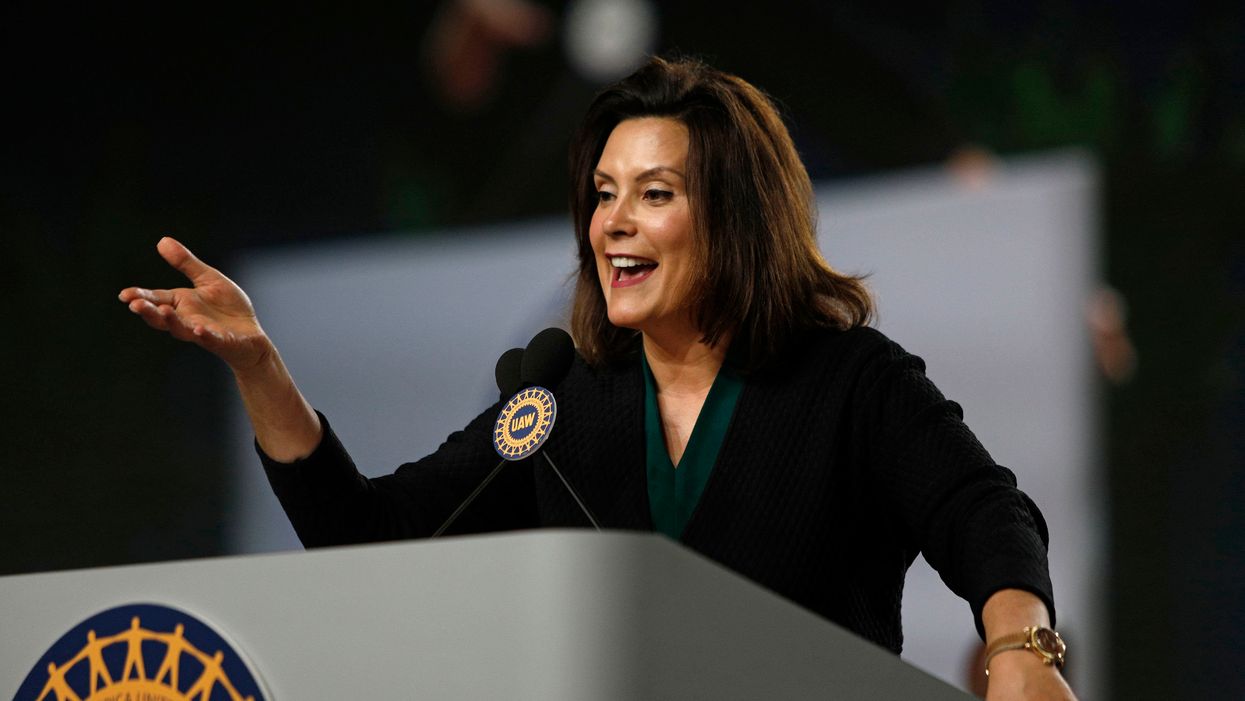Michigan's Republican-led Legislature is moving to give the state's new independent redistricting commission only three-quarters of the budget proposed by the Democratic governor.
Gov. Gretchen Whitmer had asked for $4.6 million to cover the start-up costs of the commission. But the legislators writing the state's spending plan for next year decided Thursday to allocate only $3.4 million and to put the panel's budget under control of the Legislature instead of the secretary of state, currently Democrat Jocelyn Benson.
It's the latest partisan battle over the new commission. It was created through a 2018 ballot initiative orchestrated by the grassroots group Voters Not Politicians in the hope of bleeding partisanship out of political mapmaking in Michigan — a presidential battleground and home to some of the most successful efforts at GOP partisan gerrymanderingfor this decade.
"These types of political games are exactly what voters stood firmly against in the last election," said the executive director of Voters Not Politicians, Nancy Wang.
Residents will have the opportunity to weigh in on what questions should be included in the application to become a member of the commission, Benson announced Thursday. The panel will draw the congressional and legislative district lines after the next census — unless it's thwarted by litigation filed by Republicans, who are challenging the constitutionality of the limits on partisan operatives as members.




















